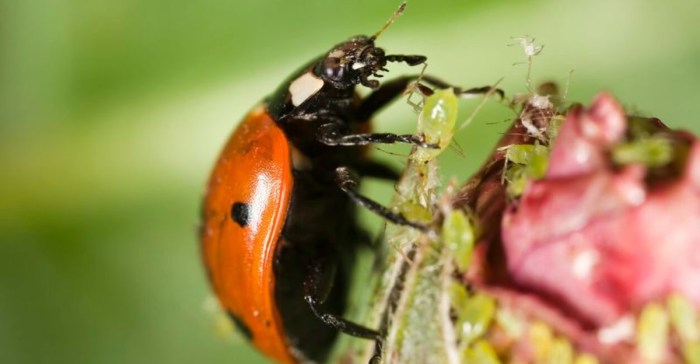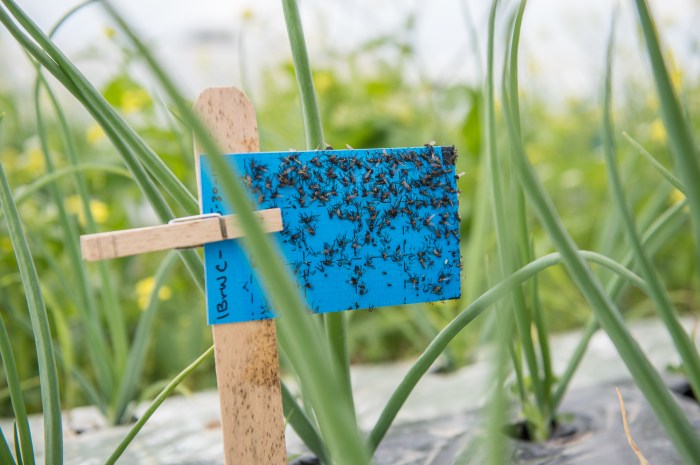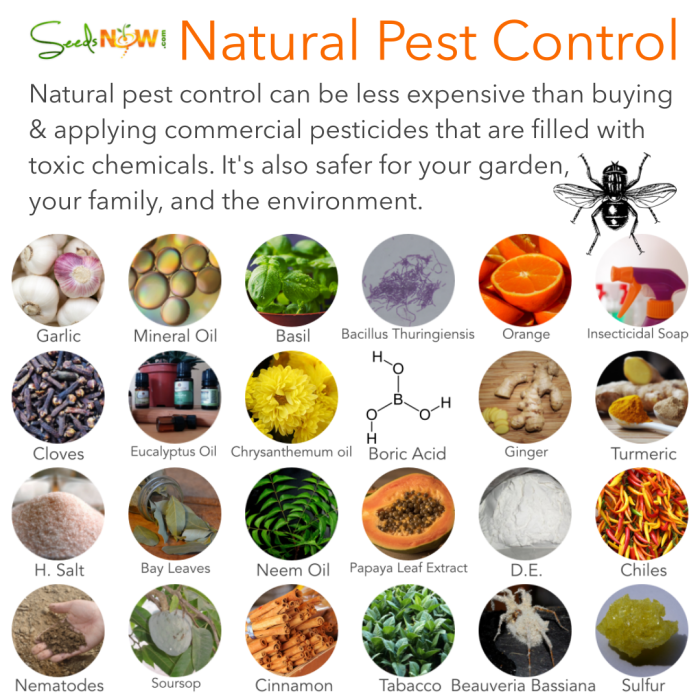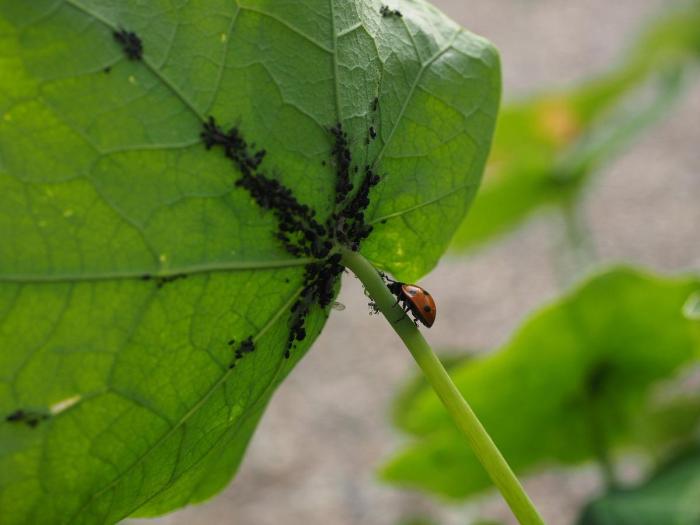Embark on a journey into the realm of organic gardening with ‘How to Control Pests and Diseases: 12 Organic Gardening Methods’. This comprehensive guide offers valuable insights and practical tips to help you maintain a thriving garden naturally.
Explore the array of organic pest control methods, natural disease prevention techniques, and soil health practices that will empower you to protect your plants and ensure a bountiful harvest.
Organic Pest Control Methods

Keeping pests at bay in your garden without harmful chemicals is essential for maintaining a healthy and thriving environment for your plants. Here are six effective organic pest control methods you can implement:
Companion Planting
Companion planting involves growing certain plants together to naturally repel pests or attract beneficial insects. For example, planting marigolds alongside tomatoes can help deter nematodes.
Introducing Beneficial Insects
- Ladybugs: These colorful insects feed on aphids, mites, and other pests.
- Praying Mantis: Known for their voracious appetite, praying mantises can help control a variety of garden pests.
- Lacewings: Lacewing larvae feast on aphids, caterpillars, and other soft-bodied insects.
Natural Disease Prevention Techniques

Crop rotation is a crucial technique in organic gardening to prevent diseases. By rotating crops, you disrupt the life cycles of pests and diseases, reducing their buildup in the soil over time.
Homemade Organic Fungicides
- One effective homemade organic fungicide is a mixture of baking soda and water. This solution can help prevent powdery mildew on plants.
- Another option is a blend of chamomile tea, which has natural antifungal properties, and water. This can be sprayed on plants to protect them from fungal diseases.
Neem Oil vs. Garlic Spray
- Neem oil is a popular organic pesticide that also has antifungal properties. It can help prevent a wide range of common plant diseases, including powdery mildew and black spot.
- Garlic spray, made from crushed garlic cloves and water, is another effective natural solution for preventing diseases. It acts as a repellent for insects and can also inhibit the growth of fungal pathogens.
- While both neem oil and garlic spray are effective in disease prevention, neem oil has a broader spectrum of activity and is often preferred for overall plant health.
Soil Health and Pest/Disease Resistance

Maintaining healthy soil is crucial for preventing pests and diseases in your garden. Healthy soil can help plants develop strong immune systems, making them more resistant to attacks from pests and diseases. One effective way to promote soil health is through composting, which enriches the soil with essential nutrients and beneficial microorganisms, creating a balanced ecosystem that can naturally fend off harmful invaders.
Role of Composting in Improving Soil Health
Composting is a natural process that breaks down organic matter into nutrient-rich soil conditioner. By adding compost to your garden soil, you can improve its structure, water retention capacity, and nutrient content. This creates a healthy environment for plants to thrive and develop strong immune systems, reducing their susceptibility to pests and diseases.
- Composting introduces beneficial microorganisms to the soil, which can outcompete harmful pathogens.
- Compost acts as a natural fertilizer, providing essential nutrients to plants for optimal growth and health.
- Improves soil structure, making it easier for plant roots to access nutrients and water.
Examples of Cover Crops for Suppressing Weeds and Preventing Soil-Borne Diseases
Cover crops are plants grown to protect and improve soil health when the main crop is not growing. They can help suppress weeds, enhance soil fertility, and reduce the risk of soil-borne diseases by adding organic matter to the soil and creating a physical barrier against pathogens.
- Legumes like clover and vetch can fix nitrogen in the soil, reducing the need for synthetic fertilizers and promoting healthy plant growth.
- Grasses such as ryegrass and oats can help suppress weeds and improve soil structure with their deep root systems.
- Brassicas like mustard and radish release biofumigants that can suppress soil-borne diseases and pests.
Final Conclusion

Dive deep into the world of organic gardening and equip yourself with the knowledge and tools needed to keep pests and diseases at bay. With these 12 proven methods, you can cultivate a healthy and vibrant garden that flourishes year after year.